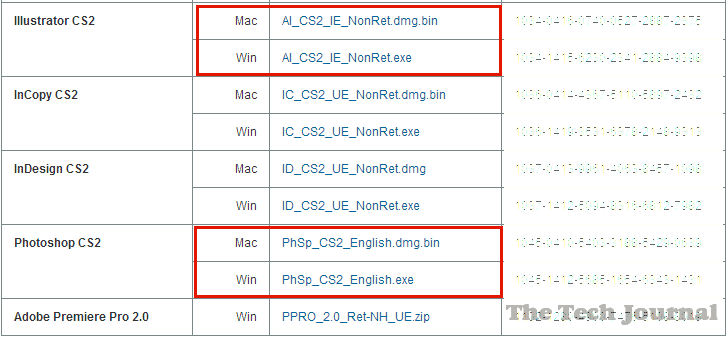
Kaepernick’s resounding, yet silent, on-the-field protests drew support from many and outrage from others, bringing into focus important yet long-neglected issues of racial justice.Īthletes should be allowed to speak their mind, as social protest wanting to make America a better place is a most noble form of patriotism.

Henderson/Getty Images North America/Getty ImagesĬolin Kaepernick and James Damore deserve credit

SANTA CLARA, CA - SEPTEMBER 12: Colin Kaepernick #7 and Eric Reid #35 of the San Francisco 49ers kneel in protest during the national anthem prior to playing the Los Angeles Rams in their NFL game at Levi's Stadium on Septemin Santa Clara, California. The decision of more NFL players to take a knee is also a way to stand up for their former colleague.Īre professional athletes like gladiators whose role is to entertain the crowd, run and throw the ball, and be seen but not heard? Last season, Kaepernick, then a quarterback for the San Francisco 49ers, took a stand against police abuse and racial violence when he took a knee and sat down during the singing of “The Star-Spangled Banner,” a song that, in part, celebrates the murder of runaway slaves who fought with the British in 1812, according to writer and academic Jason Johnson. Still, there is every indication that the NFL is blackballing Kaepernick for conspicuously expressing his political views. Last week, Justin Britt of the Seahawks, Derek Carr of the Raiders and Chris Long of the Eagles responded by holding onto black teammates during the singing of the anthem. DeValve is the first white player to kneel after Michael Bennett of the Seattle Seahawks called on white players to join the protests and bolster the effectiveness of the movement.

Among those participating were Isaiah Crowell, Duke Johnson, Jabrill Peppers, Christian Kirksey, Seth DeValve, Jamie Collins, Kenny Britt, Ricardo Louis and Jamar Taylor.


 0 kommentar(er)
0 kommentar(er)
